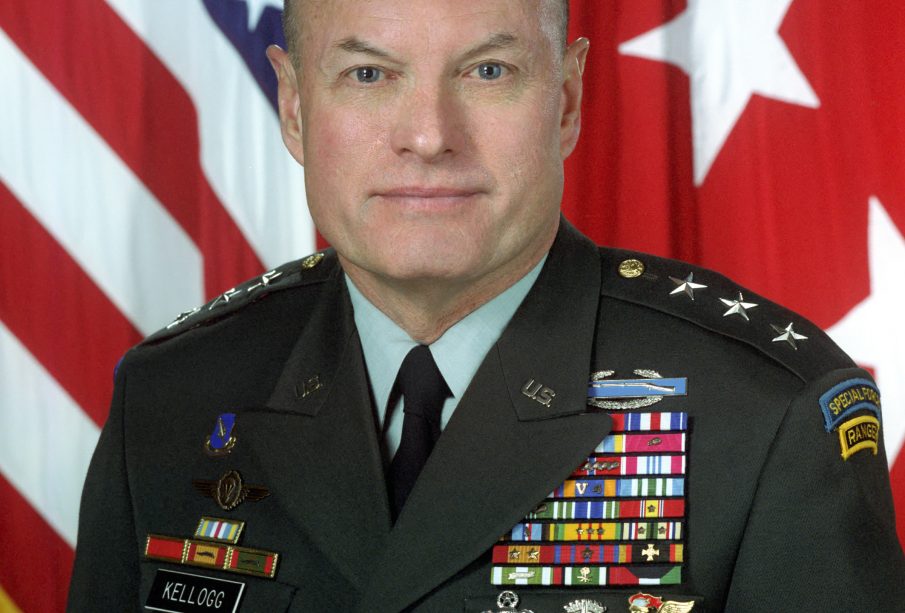Keith Kellogg: A Key Figure in US Military Strategy

Introduction
Keith Kellogg has emerged as a significant figure in the discussion of US military policy, particularly during the Trump administration. As a retired Lieutenant General of the US Army and a former national security advisor, Kellogg’s influence has been pivotal in evaluating military strategies and decisions. His insights are increasingly relevant as the US navigates complex international relations and national security challenges.
Kellogg’s Career and Contributions
Kellogg served in the military for over 30 years, including key positions in the Middle East and during the Iraq War. His extensive experience in military operations has made him a trusted advisor on national security issues. In 2016, he became the Chief of Staff for the National Security Council under President Trump, where he played a critical role in formulating response strategies to global threats.
Throughout his career, Kellogg has been an advocate for a strong military and strategic preparedness, arguing that the United States needs to project strength globally. He has also been a vocal supporter of counterterrorism initiatives and has promoted an America-first approach to foreign policy.
Public Engagement and Influence
After his tenure in government, Kellogg remained active in public discourse as a political analyst and commentator. He frequently appears on various media outlets, including Fox News, where he shares his viewpoints on military and geopolitical issues. His analyses often reflect a traditional conservative perspective, aligning with many current military and political leaders.
Recently, Kellogg has been involved in discussions regarding military support to Ukraine amidst the ongoing conflict with Russia. He urges continued military aid, framing it as essential to maintain global democracy and deter aggressive regimes.
Conclusion
Keith Kellogg’s career has been marked by a commitment to national security and military strategy. As the geopolitical landscape evolves, his insights will likely continue to shape discussions around US military policy. With challenges like global terrorism and state aggression, Kellogg’s emphasis on a robust military presence and strategic alliances underscores the vital role of such figures in the broader narrative of American foreign policy. Observers will be closely watching his contributions and the responses to emerging threats as the United States aims to navigate its path in an increasingly complex world.









